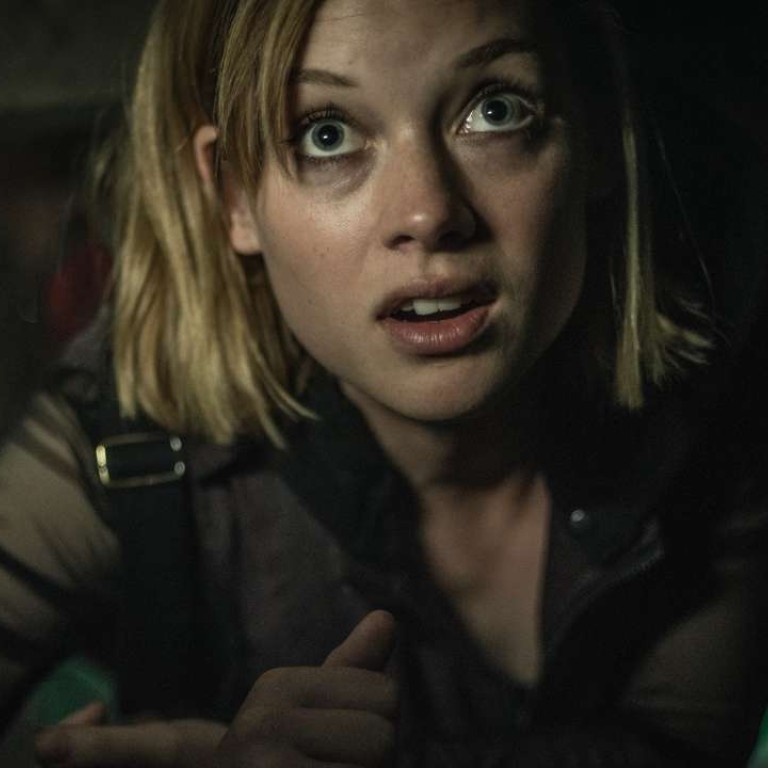
Don’t Breathe continues the rise of ‘smart’ low-budget horror
Made on a shoestring and with little spent on advertising, this is the latest in a new wave of horror films that are taking on the big studios and holding their own
A new wave of low-budget “smart” horror movies is challenging the studio behemoths with a recipe that swaps gratuitous gore and elaborate special effects for good old-fashioned suspense.
Don’t Breathe – which is due for release in the US this week on the back of widespread acclaim, and is tentatively set for an October 6 release in Hong Kong – is hoping to emulate the success of The Babadook, It Follows and a series of other made-on-a-shoestring creepy hits.
While they lack the marketing muscle of the summer tentpoles, these films often become word-of-mouth hits, gathering momentum as reviewers praise their uncompromising refusal to rely on the usual horror tropes.
“Mainstream horror these days is really all about whatever’s clever – a new twist on an old story, or one hell of a trailer,” says Jeff Bock, of film industry research firm Exhibitor Relations.
“As we’ve seen lately, ‘smart’ horror films are in vogue,” he says, adding that there would always be excitement when “a horror icon is revived for one more hunt.”

Its director David Robert Mitchell was acclaimed for weaving the cliche of teenagers menaced by a malevolent supernatural force into that rarest of things – a scary movie that drips with subtext and not just blood.

Made on a budget of just US$10 million, Don’t Breathe follows a trio of friends who break into the house of a blind recluse, confident of an easy pay day, only to find themselves in a terrifying life-or-death struggle.
“When we first showed the film people had no idea what it was about. There was no trailer, there was nothing,” says Zovatto, a 25-year-old Costa Rican actor last seen in AMC’s zombie show Fear the Walking Dead.

Zovatto, who appears with stage and screen veteran Stephen Lang, relative unknown Dylan Minnette and Evil Dead star Jane Levy, says he grew up watching horror movies, but was often disappointed.
“I think there were a few years, especially in my teenage years, where I would go and watch films in this genre and I was just devastated because I didn’t really get to see something that I liked,” he says.
“And I feel like this whole new wave brought a new perspective to the genre and new directors like Fede Alvarez and David Robert Mitchell – and they are changing the game.”

After directing a relatively conventional remake, the 38-year-old Uruguayan wanted to avoid haunted houses, chainsaws, zombies and all the other go-to devices in the horror toolkit.
Brought up by his father on a diet of Alfred Hitchcock – Psycho, Vertigo, Strangers on a Train and many others – Alvarez says that, for him, horror was “never the scares and the jumps, it was always about suspense.”
“A couple of things I love and I wanted to bring to this film: one was suspense and the second one is that the characters always have shady morals,” he says.
“If you take Janet Leigh stealing money in Psycho, or in Strangers on a Train obviously plotting to kill the guy’s wife... they’re not your everyday Hollywood heroes.”
If you give your central characters nuance, he argues, you’ll keep the filmgoers guessing about who they should be rooting for, who deserves to survive, who should get the money and how it’s going to end.
“I like that you have to choose who to root for and I’m not spoon-feeding you about who’s a hero and who’s a villain, who’s the funny guy,” the director says.

.png?itok=arIb17P0)